
14 Dec 2013 by Yeo Teck Thiam-
The Puzzle of the Sky
Herod asked the Magi for the exact time the star was seen. This was strange! Why did Herod bother about this when he should have asked the Magi to point out where the star was in the sky? Could not the star be seen as the Magi saw when it rose?
Yet this star could not be small or insignificant because it was improbable that a dim star in the sky should make such an important announcement over the known world. Neither was it only for the Magi to see because they told Herod the exact time it was seen. Matthew 2:7.
Moreover, if the Magi were the only people privileged to see the star, we would have no idea why God gave the star at the birth of Jesus. Then the heavens had not declared the glory of God. How would men see the glory of God when only the Magi could see it? Then also, how could Herod and the people believe what the Magi said?
We therefore conclude these suggestions do not make sense about the Star of Bethlehem. We therefore embarked on a quest to learn more of what the Magi saw.
From the Rising of the Sun
We have wondered why Herod did not see the Star of Bethlehem. Perhaps this was a privilege not given to him. He could only be told the exact time this was seen. But surely, we must expect that he could see for himself in the sky at that exact time, or else dismiss the Magi as frauds.
Thus, if we imagine that the star should be seen in the night sky, we are puzzled by these events. Perhaps then, we are looking for this star wrongly. We should not look for the star at night. Yet, if the star was not in the night sky, how would this make sense?
This is precisely the case for its significance. If the Star of Bethlehem was not in the night sky, then it must be in the day sky. The Magi did not see this star in the night sky. The Magi saw this in the daytime. It was a morning star!
A morning star rises into the day sky, not the night sky. It rises with the sun, and sets with the sun. A morning star is normally only seen just before the sun rises, and as dawn breaks. But to be seen, it must be bright in the first place, against the brightening background. Then in the bright daylight, it is not seen.
It is a morning star that is always special! This makes sense why the Magi said they had seen His star in the east, and no one in town knew about the star! The common people would hardly look for morning stars. They must know a lot about stars and planets in the first place, and recognise them as well!
But people like the Magi would look out for these in the heavens. Thus it makes sense also that Herod did not ask to see the star, but was content to know the exact time the Magi saw the Star of Bethlehem.
However, the morning star that told of the birth of the King of the Jews must be unusually bright or different. Otherwise, the Magi would have accepted this star as another morning star also.
We know even the devil aspires to be the Morning Star. The devil has always wanted to be like God, but how Lucifer has fallen! Isa 14:12 The significance of the morning star is also seen when God asked Job:
Where were you when I laid the earth’s foundations? …On what were its footings set, or who laid its cornerstone — while the morning stars sang together and all the angels shouted for joy?
Job 38:5-6.
If we are looking for the star concerning Jesus, we must look for a bright morning star, not another evening star.
The Bright and Morning Star
The Bible says Jesus is our Bright and Morning Star. For it is written, Jesus said, “I am the Root and the Offspring of David, and the Bright and Morning Star.” Revelation 22:16.
Scripture declares: But for you who revere my name, the sun of righteousness will rise with healing in its wings. This text speaks of Jesus coming to earth shining as a sun, and is in Malachi 4:2
Concerning this also, in Luke’s Gospel, the priest, Zechariah prophesied the Messiah should come because of the tender mercies of our God, by which the rising sun will come from heaven to shine on those living in darkness and in the shadow of death, to guide our feet into the path of peace. Luke 1:78,79.
The Rising Star
This prophecy by Zechariah has significance in speaking of the rising sun, for the Greek word used here is anatole, the same word that is used for the ‘east’ in Matthew 2:1,2. Anatole means the rising of light, the sun or a star. It refers to the east also because the sun rises in the east.
In a number of ancient languages, there are no definitive words for the east or the west. Thus we sing with the Psalmist in praises to God from the rising of the sun to its going down. We are singing with the Psalmist from every place on earth, from the east to the west, and from the four corners of the earth.
Hence when we speak of the Magi who came from the rising of the sun, we referred to the Magi specifically as from the east in Matthew 2:1 because the sun rises in the east. In Luke 1:78, however, the prophecy was about the rising of light, a day spring, a rising sun and hence we do not have the Greek word anatole translated as the east here.
We may wonder then with the people of Jerusalem when the Magi said that they had seen his star in the anatole, in the rising of light, in the rising of the sun, in the east. Clearly, the people would not need to be surprised by another bright star in the sky. But if the Magi were also speaking of a star in the rising of light or the sun, then we can understand that Herod was disturbed, and all Jerusalem with him. It was not about another star in the night sky. Matthew 2:2,3.
The Magi were speaking of a bright star that was seen in the day. For this reason, Herod called the Magi and found out from them the exact time the star had appeared. This would not be necessary if the bright star could be seen in the night sky, because Herod would ask the Magi to point the star out. Matthew 2:7.
So Scripture makes this abundantly clear when it speaks of Jesus as the Bright and Morning Star, the day star, a rising sun, and as the sun of righteousness. These passages help us to understand its significance. So we understand there are reasons that make the star special. We will have to consider another time and separately in relation to what we have in astronomy and science.
Prophecy of Micah
For the present also, it will be good to consider the prophecy in Micah 5:1-5. Matthew did not elaborate on the prophecy in his Gospel. The Lord does intentionally left out details but He also does open our eyes to see, so that no one can boast that he did this by his own scholarship and intelligence.
So we wonder what the disciples knew but left things hidden as God intended. We wonder why the chief priests said the King would be born in Bethlehem, but did not seem interested to find out more. Obviously, scribes and priests knew a lot about Scripture, but their knowledge was mostly scholastic. As with people in Jerusalem, they ignored its meaning.
Nevertheless, God must open our eyes to what is in Micah's prophecy. What I mean is that the priests and Herod never thought about what this prophecy meant, except that it was about a king. Had the priests understood what Scripture revealed, they would have followed like the Magi did, to find Jesus.
Commentaries quote Micah 5:2 as where the prophecy is given. But this is yes and no, because when we read Matt 2:5, we can see that Matthew summarized the prophecy from Micah 5:1-5, rather than quote Micah 5:2.
You can look this up for yourself. I do not know if any commentary or books discuss this significance, why Matthew in the Gospels quoted in this way, as I have not checked this up. What I mean is that the Lord wants us to search the Scripture to know what He has revealed. God will open our eyes to know what He reveals, and it is something the Lord gives us.
Micah 5:2 begins with Bethlehem as where the ruler will come from. However, Mathew’s Gospel stopped here, and summed up to say the ruler will "shepherd the people" (in v.5).
But this ruler is One whose origin is from of old, from ancient times in Micah 5:2. This is left out in the Gospels. What God gives us to know is that "whose origin", "from of old", and "from ancient times" in Hebrew may have more than this meaning.
If we look at the translation of "from ancient times", the Hebrew is about "olam", that is, this is about “everlasting”, “from days of eternity", as olam means everlasting, and so means it is God Himself in Micah’s prophecy.
If we look at "from of old", the Hebrew is "mi qedem" where "qedem" in OT means also "the east", "the rising of light, the sun" also. The Hebrew word, qedem, has more than one meaning in Hebrew.
We see that Matthew summarized the prophecy of Micah, and left out the rising of light as also given in Isaiah 60:1-7. Nevertheless, if the rising of light in Micah refers to Jesus, then "the light" "arising to shine" from "the ruler" "from eternity", will come in "the rising of light" This is also what the Magi announced, as given in Isaiah 60:1-7! It is also hidden in the New Testament meaning of “anatole” in Matthew’s Gospel.
Why don't translators give this in translation? It is because the prophecy is in Hebrew poetry, and the rhyming is best given as "from of old, from ancient times", and this is precisely correct for scholastic and translation purposes.
But how can this meaning of "rising with light, the sun" be a good meaning? It is given in "whose origin" in Micah 5:2. The Hebrew for this is "wa motsaa tow" meaning "and his going forth', "whose origin". But the Hebrew words "motsa" and "motsaa" also means "rising with light, the sun"!
Effectively, this is a double confirmation of the meaning for qedem and motsaa, and relates to the Greek word “anatole”.
So Micah 5:2 itself says that the ruler will come with the rising of light, the sun, and is One whose going forth is from days of eternity. Thus the magi's quest is directly linked to Micah's prophecy for seeking the light that shines. The rising of the sun means that the ruler's light will rise with the sun and will be seen in daytime, not at night.
Matthew's Gospel deliberately does not tell us these directly, as the rising of light, the sun, are hidden in the Gospel account. God must reveal.
This is what John tells us in Revelation also! Jesus is our Bright and Morning Star and will shine in the daytime when Jesus' birth is announced to the world. The Magi who would announce this, would come bearing gold, frankincense and fragrant spices to fulfill prophecies.
So it is written, when Malachi speaks of the day of the Lord in 4:1-3. "But for you who revere my name, the sun of righteousness will rise with healing in its wings."
Merry Christmas!
Note: Mr Yeo Teck Thiam is a retireer who used to work as a chemical engineer, specializing in food and perfume chemistry for an international food company and perfumer. His other main interest is astronomy and other mathematical matters, relating to the Biblical passages.
References for pictures:
http://scopetrader.com/RTE/uploads/Sum_Pleiades_Dec_2007_4_x_10_mins_each_2x2_RGB_ps_1_low.jpg
http://upload.wikimedia.org/wikipedia/commons/f/f0/Night_Sky_Stars_Trees_02.jpg
http://www.heavyblogisheavy.com/wp-content/uploads/2013/01/Venus_Morning-Star.jpg
http://newparadigmthinkers.files.wordpress.com/2011/02/morning-star.jpg
http://askjoecosta.com/images/sheperds.jpg
http://www.leenardkanselaar.nl/cms/wp-content/uploads/2012/12/Kerstverhaal-de-vernedering.jpg
http://mjfimages.files.wordpress.com/2012/08/eastern_oregon_stars.jpg
http://scienceblogs.com/startswithabang/files/2010/07/night_sky-9030_0.jpeg

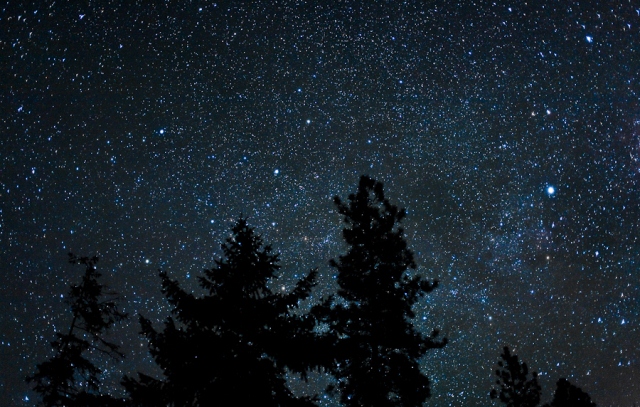
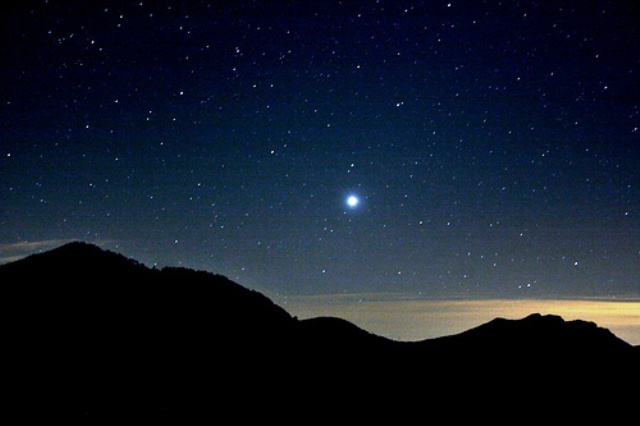
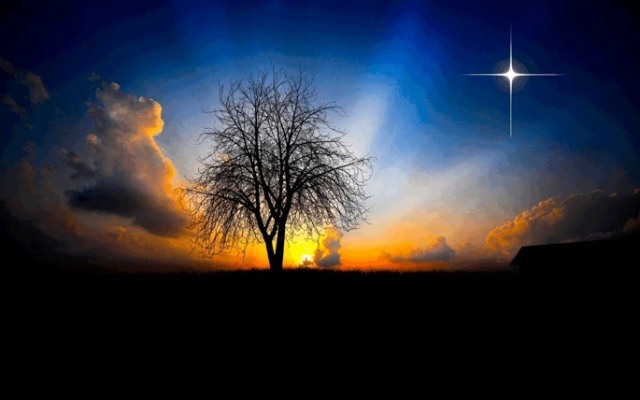
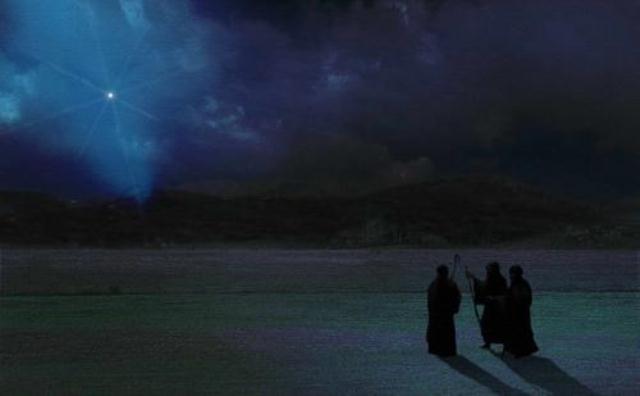
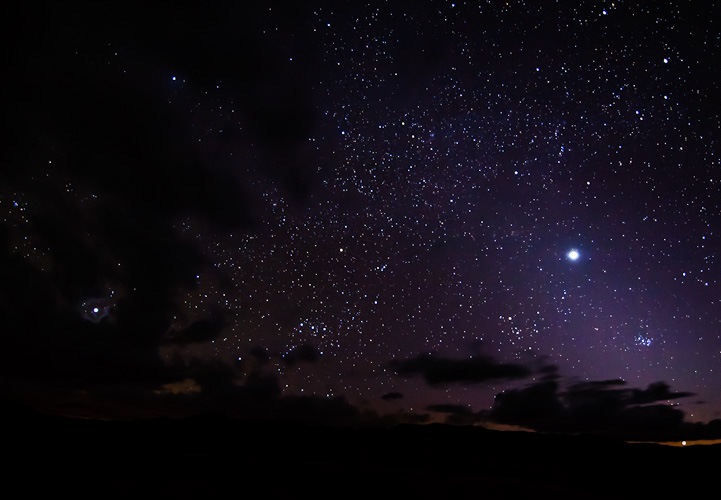







Leave a Reply